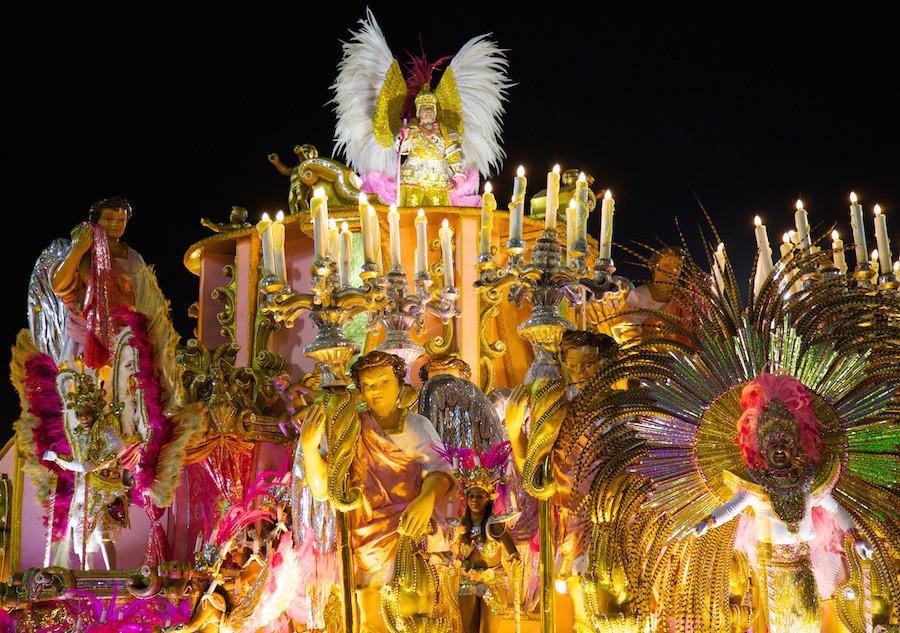The origins of Carnaval
To many people Carnaval is just a very welcome week off, however there is more to the holiday than a chance to get away from the routine of everyday life. The word “carnaval” comes from the Latin words carnis levare, which literary means to remove meat. This is related to its Roman Catholic origins. Catholicism adapted the ancient Roman festival of Saturnalia, a harvest celebration, and turned into a period of happiness and elation that comes before Lent, a season of reverence and religious devotion where it’s also common to abstain from eating meat.
Brazilian Carnaval also borrows aspects from Portuguese culture, especially a custom called “Entrudo.” While the exact practices of Entrudo varied within different Portuguese communities they almost always involved public festivities on the streets—a practice that is still present today albeit with more panache. The modern Brazilian Carnaval also borrows from various others cultures, such as the African and native influence. Carnaval is a unique blend of culture and customs that add up a truly unique celebration.

Lucas Valim sexually identifies as an Entertainment writer, he also knows when to stop a metaphor before it goes too far. After Hobbes-ing his way up The...





